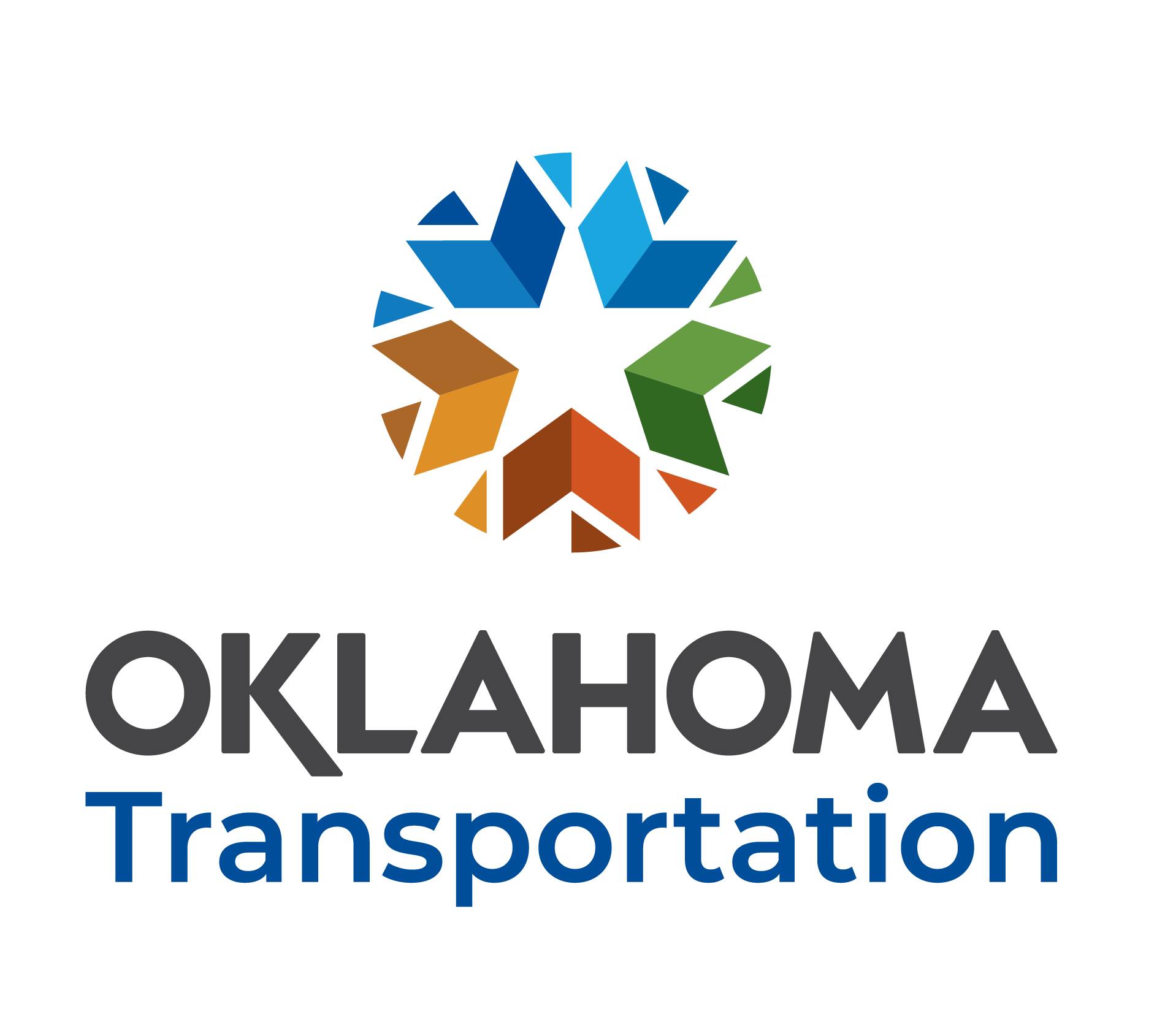20 years and counting: Construction Work Plan continues to guide improvements
Twenty years after the adoption of the Oklahoma Department of Transportation’s first Eight-Year Construction Work Plan, the Oklahoma Transportation Commission today approved its newest update.
The Federal Fiscal Year 2023-2030 Eight-Year Construction Work Plan contains $8.4 billion worth of critically needed transportation improvement projects designed to improve the safety and reliability of Oklahoma’s highway network. For the first time in the plan’s 20 years, each plan year averages more than $1 billion in projects programmed across the state.
“Oklahoma’s highway and bridge network serves as the backbone of the state’s economy, moving people to work and goods to market while connecting Oklahoma with the nation and the world,” said Secretary of Transportation and ODOT Executive Director Tim Gatz. “Simultaneously, many of these investments will ease commutes and travel for residents and allow them to spend more quality time with their families.”
Investments in Oklahoma’s transportation system have made significant impacts to the quality and level of service of the state’s highway infrastructure in the past 20 years. In 2004, Oklahoma had 1,168 structurally deficient bridges on the highway system, making the state among the worst nationally for bridge conditions. Oklahoma was ranked No. 5 in 2021 thanks to strategic planning with the Construction Work Plan and continued commitments from legislators, governors and ODOT officials in the past two decades.
Also updated today was the department’s Asset Preservation Plan for 2023-2026, which includes 330 projects valuing about $502 million worth of maintenance and preservation work to extend the life of the state’s highway infrastructure.
New website makes information easy to find
Coinciding with the plan’s 20th anniversary, a new, user-friendly website will help Oklahomans more easily find projects that will affect them.
The new website, available on the ODOT homepage at www.odot.org, allows users to easily locate projects and related information of interest to them. Projects can be sorted by ODOT field district, by Construction Work Plan projects, Asset Preservation Plan Projects or by plan year.
“In our current digital age, it is past time for the department to find ways to present information to the public using a more understandable platform,” said Rick Johnson, director of project delivery. “This new online dashboard is much more user friendly than the maps and booklets ODOT has historically produced. A new project status website will also go a long way in making information more readily available to Oklahomans.”
Addressing Oklahoma’s needs
Aside from maintaining the state’s excellent highway bridge status, Gatz said the department will continue to strive to be a Top 10 state in other areas of transportation.
“Our next major focus is addressing rural two-lane highways with deficient shoulders and improving highway pavement conditions,” he said. “This updated plan addresses 1,093 miles of rural two-lane highways with deficient shoulders and will improve 4,148 lane miles of highway pavement.”
The 2023-2030 plan addresses 340 bridges currently at risk of becoming structurally deficient and targets 659 highway bridges for reconstruction or major rehabilitation. Altogether, the plan contains about 1,745 projects valued at more than $8.4 billion.
Notable projects added or advanced in the 2023-2030 Eight-Year Construction Work Plan include:
- In the Oklahoma City metro area, improvements to the I-35 and I-240 interchange.
- In the Tulsa metro area, widening US-169 from Memorial Dr. north 2.5 miles and interchange improvements on US-75 at 96th N., 106th St. N. and 126th St. N.
- In Eastern Oklahoma, rehabilitation of the SH-16 bridge over the Verdigris River (McClellan-Kerr Arkansas River Navigation System) in Wagoner County and an I-40 pavement improvement project in Sequoyah County.
- In Southeastern Oklahoma, resurfacing of US-69/75 between Durant and Caney in Bryan and Atoka counties and replacement of the SH-31 Blue Creek bridge in Pittsburg County.
- In Southwestern Oklahoma, planning for and widening I-35 to six lanes from the Red River to mm 15 in Love County and widening SH-4 to four lanes between I-44/H.E. Bailey Turnpike and SH-37, including a new interchange at Fox Ln., in Grady County.
- In Western Oklahoma, resurfacing, adding shoulders and bridge rehab on SH-55 between Sentinel and Rocky in Washita County.
- In Northwest Oklahoma and the Panhandle, adding shoulders to SH-8 between Cleo Springs and US-64E in Major and Alfalfa counties and adding shoulders to SH-136 between US-412 and E 70 Rd. in Texas County.
- In North Central Oklahoma, adding shoulders to SH-51 between I-35 and Stillwater in Payne County and adding shoulders and resurfacing US-177 between Blackwell and Braman in Kay County.
- In Northeastern Oklahoma, resurfacing US-60 between Fairland and the Neosho River in Ottawa County and multiple interchange improvements along US-412 to upgrade it to interstate standards.
Prior to the adoption of the first Eight-Year Construction Work Plan, the department operated on a five-year plan, but it was not fiscally constrained. The first eight-year plan was an attempt to create a fiscally responsible strategy to address the state’s most pressing needs with available funding. At the time, all construction funding was 100 percent federal funds. Thanks to continued investments by the Legislature and governors in the past 20 years, funding for the eight-year plan is now about evenly split between state and federal dollars.




